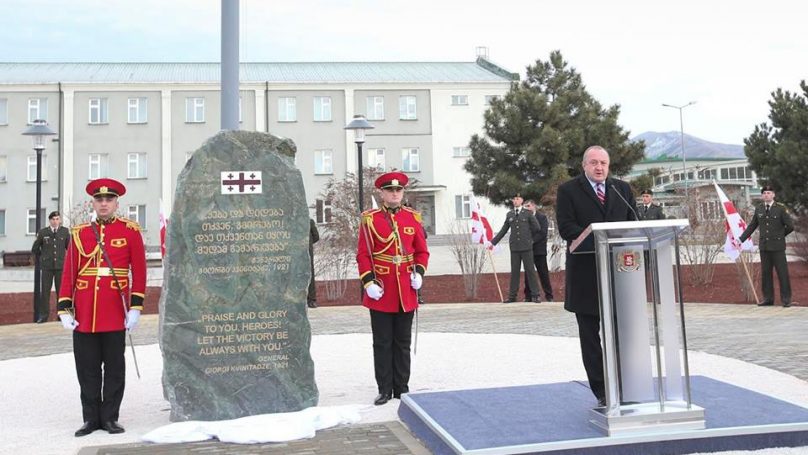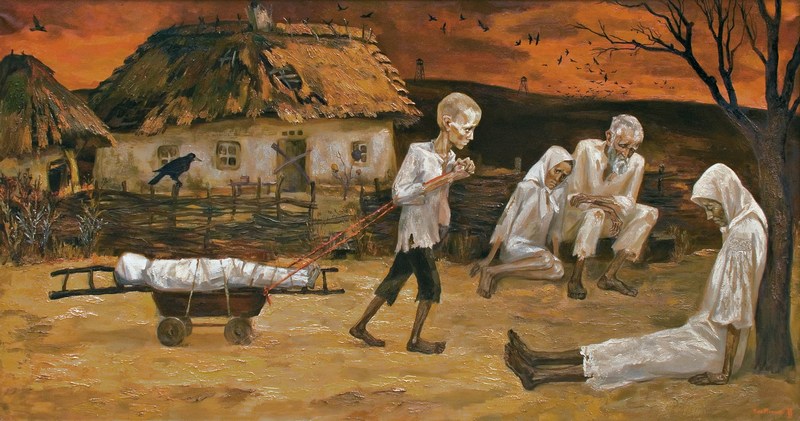Since 1989 and 1991, it has become a commonplace in the analysis of formerly communist countries that those who viewed themselves as having been occupied by Moscow have had an easier time of making the transition toward more open political systems.
That is because, of course, those who viewed the old system as an occupation regime as well as a repressive system had a double reason for fighting for change while those who did not view it in that way often found the forces for change divided and confronted by others who did not see the two things as interconnected.
That makes the way in which countries deal with their past in the 20th century a matter of extreme importance for the future. Some countries, like Azerbaijan, first emphasized the fact that they were occupied as well as communized and celebrated their earlier independence before it was crushed by the Red Army.
That makes any shift toward the view that additional countries in the post-Soviet space are coming to share the view that they were double victims, of communism and of Muscovite occupation, especially important and noteworthy. One such move in that positive direction has been taken in Georgia.
Today, as every year since 2010, the Georgian government has marked the anniversary of the beginning of the Soviet occupation of Georgia in 1921. Flags have been lowered to half mast in honor of those who lost their lives fighting against Soviet Russian aggression and Georgian officials spoke out on what this anniversary now means.
National Flag Flown at half-staff in remembrance of occupation of Democratic Republic of #Georgia by Russian Soviet Red Army on Feb. 25,1921 pic.twitter.com/7a9UYDvdq9
— Giorgi Kvirikashvili (@KvirikashviliGi) February 25, 2017
Visiting Tabakhmela, near Tbilisi where Georgian forces had their last victory before Soviet forces overwhelmed the Georgian capital, President Giorgi Margvelashvili said
In the 2010, the Georgian parliament unanimously adopted a resolution on this memorial day, pointedly noting that this event must commemorate not only those who died fighting Soviet forces in 1921 but also “the hundreds of thousands of victims of political repressions [by] the Communist occupation regime.”
Related:
- Russia's creeping annexation of Georgian territory
- Foreign Policy Audit. Ukraine and Georgia are friends, but no longer allies
- Hague court seems set to find Moscow guilty of ethnic cleansing in Georgia, Portnikov says
- Moscow laying groundwork for another invasion of Georgia
- Kremlin hybrid war tactics in Georgia, 2008 and Ukraine, 2014-2015 (Infographic)
- Top 10 Russian lies about the Georgia war
- Georgia '08: Putin's first dabble in hybrid war gone wrong





